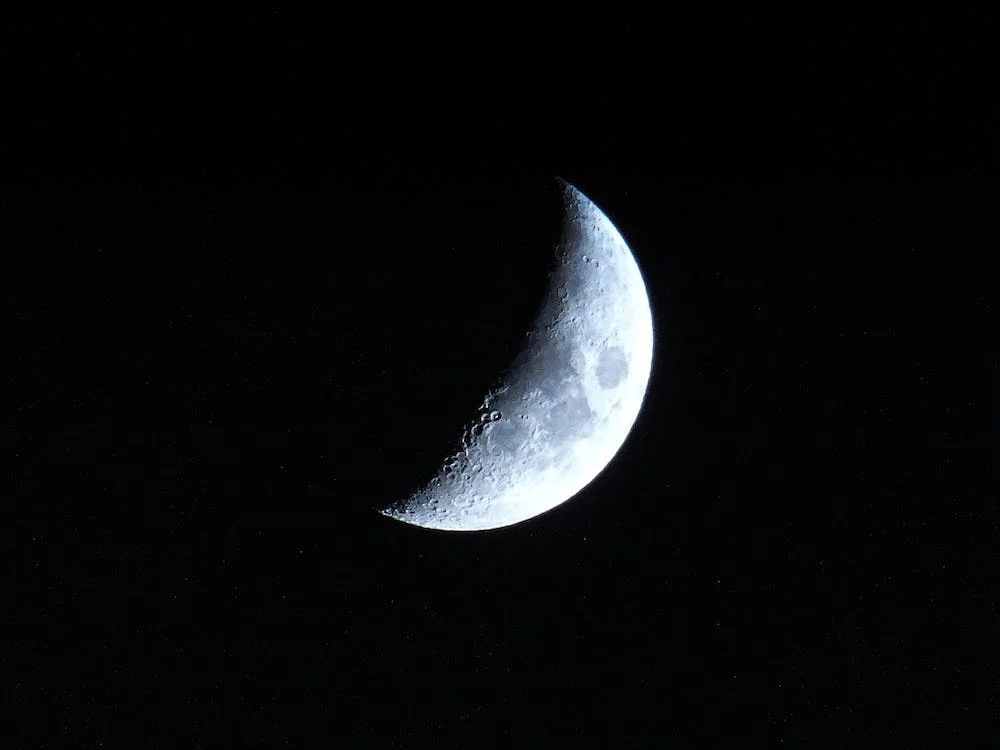We learned about solar eclipse in school, and we have witnessed it ourselves before our eyes (of course, with the help of solar filters and even only a pair of dark sunglasses). A partial solar eclipse happens more often compared to a total solar eclipse, which is a rarer phenomenon.
In a total solar eclipse, when the moon crosses in front of the sun, the sky will turn dark, the temperature will noticeably drop, and the stars will sparkle more brightly. It will look like a scene from some sci-fi movie – except this is not fiction at all. Millions of Israelis will be treated to a rare and glorious astronomical show. In a partial solar eclipse, the moon crosses in front of the sun, but only partially. From the ordinary folks’ perspective, it looks like the moon has taken a small bite out of the sun. But it’s no less breathtaking.
So, when’s the next solar eclipse in Israel? As of this writing, the next partial solar eclipse will happen on October 25, 2022 in Europe, south and west Asia, north and east Africa, and the Atlantic. Mark your calendars!
While many of us know what we needed to learn about the solar eclipse in schools and observatories, how about its influence on culture, religion, or general way of life?
Whether it be total or partial, the solar eclipse is an awe-inspiring spectacle. Throughout many centuries, history and cultures, solar eclipse is often fraught with fear and consternation.
Several eras ago, people utterly lacked the scientific knowledge to understand the temporary darkness brought by the solar eclipse. As a result, superstition led to several myths and fanciful folk tales. The very word “eclipse” comes to us by way of old French from the Greek for forsaking or abandonment – as if the abrupt darkness means that God expressed his displeasure towards us that he chose to temporarily take away the gift of His presence.
How about the Jewish perspective on solar eclipses?
Rabbinic Judaism views celestial events, such as solar eclipses, as signs from God: “And God said: ‘Let there be lights in the expanse of the heavens to separate the day from the night. And let them be for signs…” An eclipse – a luminary that’s stricken – is a prime example of this. According to the sages of the Talmud:
“When the luminaries are stricken, it is an ill omen for the world. To what can we compare this? To a king of flesh and blood who prepared a feast for his servants and set a lantern to illuminate the hall. But then he became angry with them and said to his servant: ‘Take the lantern from before them and seat them in darkness.”
Jewish scholars knew that eclipses were predictable events. Still, they considered them as connected to human actions. According to a noted scholar and researcher Rabbi Yehuda Shurpin, an eclipse “is not caused by sin.” Instead, he says that it is an indication of a difficult, trying time, “when there is a natural predisposition for sin, and for strict judgment of that sin.”
So why would God send us such a message? The Talmud points out that, among other reasons, a solar eclipse occurs when a great rabbi passes away and is not properly eulogized. If the people do not express proper grief for a great rabbi, it means that they show a lack of appreciation for the virtues and the ethical values that he upheld. This is a bad omen, implying a society that’s in a state of spiritual and moral decline.
The renowned 17th-century rabbi and Talmudist Maharsha said that a great rabbi was (and still is) compared to a sun in that he “radiated” Torah to the people. It is like comparing the face of Moses to the face of the sun (Babba Batra 75a). This means that a solar eclipse could be considered an “eclipse of the spiritual sun.”
Of course, eclipses are predictable events – even during the Talmudic era, people were already able to predict celestial cycles accurately. So how can we say that they predict anything about the society today?
God knows the future. At creation, He was able to tell when the great rabbis are not eulogized properly. That is why He established a cycle of eclipses to correspond. Of course, the idea of how God is outside of space and time is utterly unfathomable for us mortals. There are some things about God that are beyond our understanding. But that’s the way it is.
An eclipse may be a bad omen, but fret not – it is not a sign of the final judgment. Rather, it is a moment of time that reminds us of God’s amazing power and goodness. Of course, without the sun, we cannot survive. That is why our all-knowing and powerful God removes the rays for a short period so that we might reflect on the miracle of its otherwise constant presence that we easily take for granted.
This is what the Torah refers to as “the sign” – the sign which asks us to take heed. It has a message. Ignore that sign and you will suffer the consequences reserved for those who take God’s life-giving gifts for granted. It is not a wonder that God built signposts predicated on natural law as continuous reminders for all of us.
